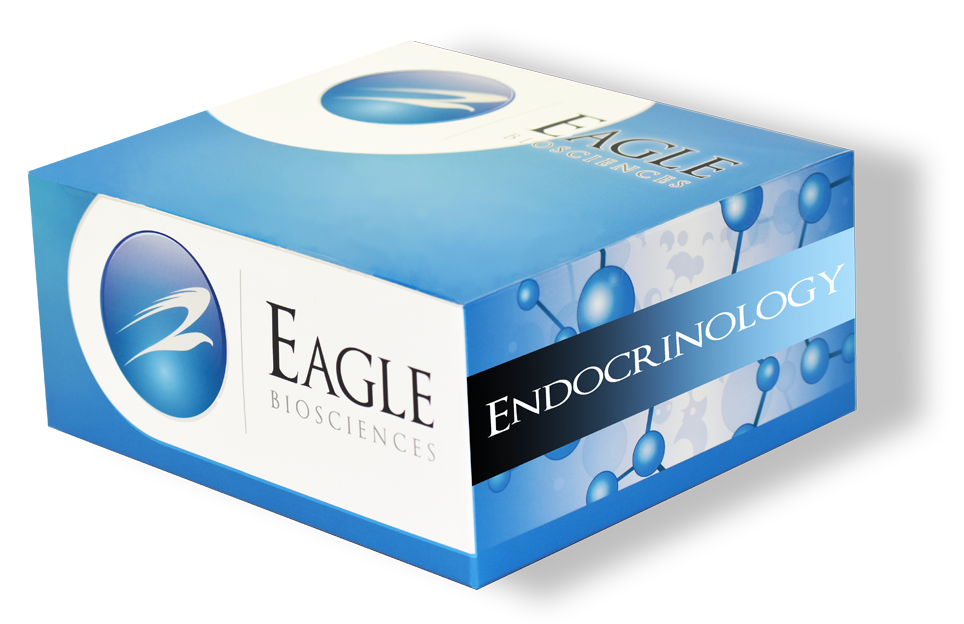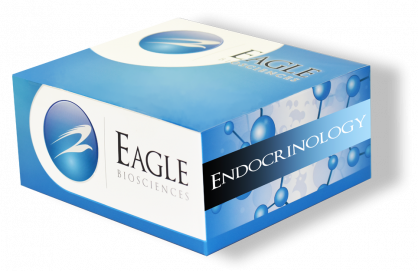SeroELISA Chlamydia IgG Assay
The SeroELISA Chlamydia IgG Assay is For Research Use Only
Size: 1×96 wells
Sensitivity: Cut-Off Control
Incubation Time: 2 hours
Sample Type: Serum
Sample Size: 10 µL
Assay Principle
Human serum to be tested is brought into contact with the antigenic material coating the microtiter wells. Specific antibody, if present in the patient serum will bind to the attached antigen, a complex is formed and all the serum components are washed away in the wash phase. Horseradish peroxidase (HRP) conjugated anti-human IgG ( chain specific) is added to the wells. If an antigen-antibody complex was formed in the previous step, the peroxidase-conjugated antibody will bind to the antibody moiety of the complex. If no antigen-antibody complex was formed in the previous step, the conjugate is washed away in the wash phase. TMB-Substrate is added. A positive reaction is indicated by a blue to deep blue color which develops in the test wells following enzymatic reaction of the peroxidase moiety with peroxide and the chromogen reactant. After the enzymatic reaction is stopped by an acidic solution. The absorbance of the test wells is determined at 450nm by a spectrophotometer. The absorbance at 450nm is indicative of IgG anti-Chlamydia titer in patient serum specimens.
Related Products
SeroELISA Chlamydia IgA Assay Kit
SeroELISA Chlamydia True IgM Assay Kit
SeroCP Quant C. pneumoniae IgG ELISA Assay Kit


